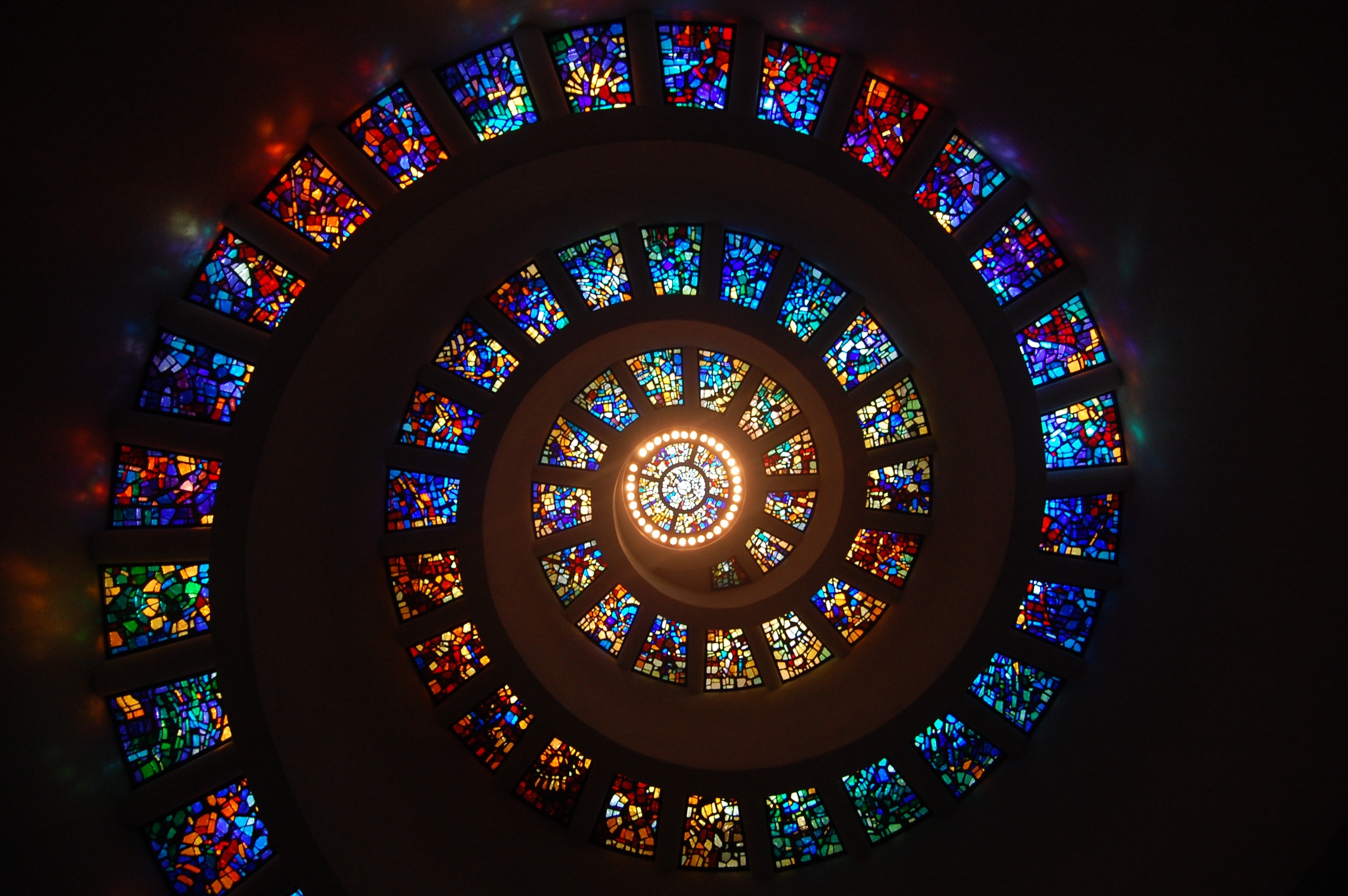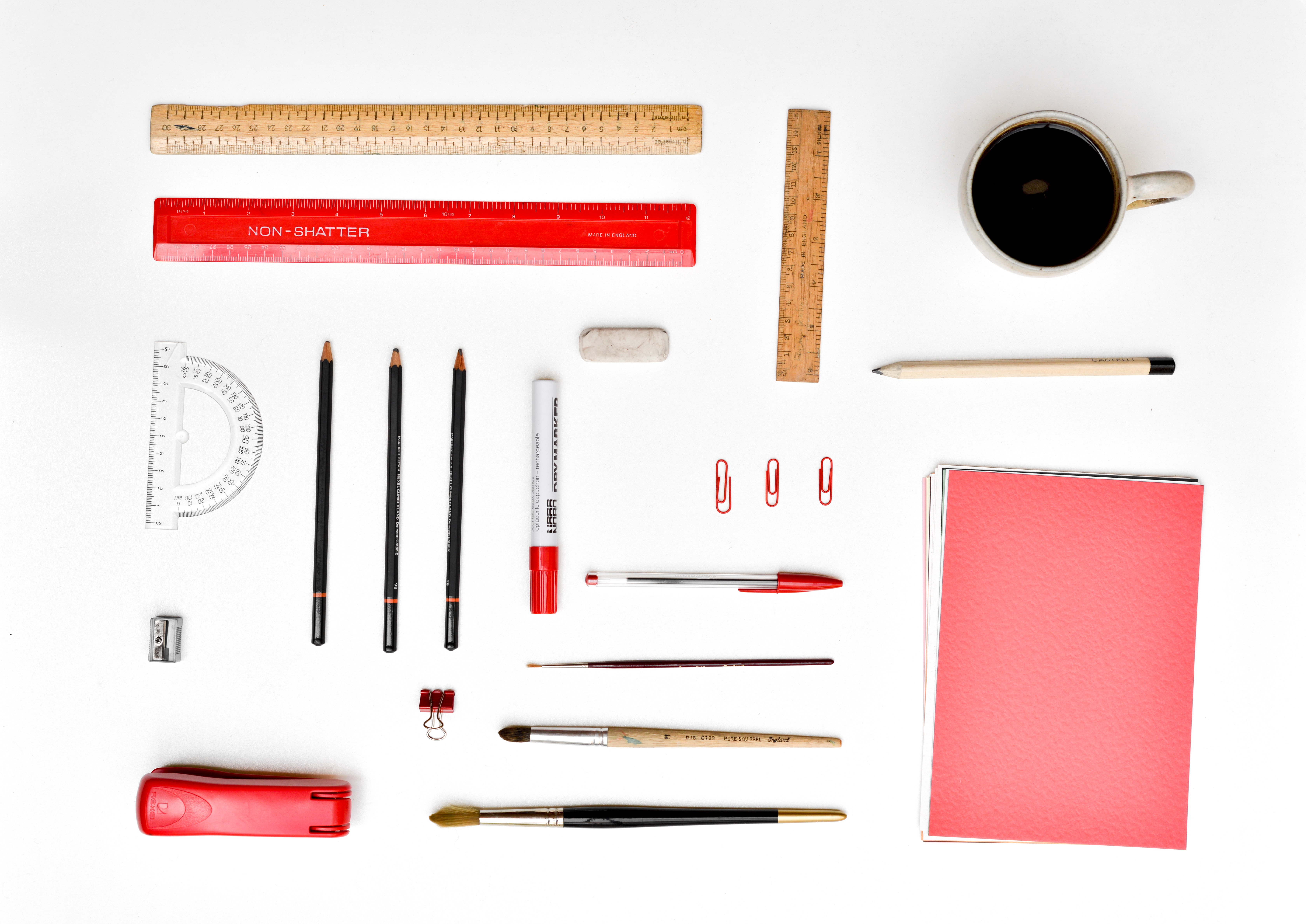We live in one of the fastest growing times in the history of mankind. To put that into context consider the following;
- In 1804 the world population had just reached 1bn. Today we stand at 7.7bn. The number of people in poverty (defined as living on less than $1 a day) has also reduced drastically.
- The time between each Industrial revolution keeps on reducing from 36 years between the first and second and just 23 years between the second and third. Fast forward 10 years and we are in the 4th industrial revolution.
This means that more than ever before we are witnessing the change brought about by human intervention, yet are we developing human potential in the same way? Are we investing in ourselves and future generations to enable our continuous growth?
The answer to this is a big NO. Our schooling, society and media reinforces a certain state of being which doesn’t always lend itself to development, growth and creating new possibilities. Most of the way we live, work and educate today has been geared to create obedience and conformity, a certain uniformity. In many ways, the internet and wide spread social media has made this even more pronounced where we have entire pockets of societies of ‘clones’ often modelled by ‘influencers’ who themselves are imitations of the ‘real deal’. The issue is that we have lost touch with our humanness. The real deal is us, if we allow it to unfold and take shape.

I believe that the following factors are major contributors why the majority of us have lost touch with this;
A world of measurement
- We live in a world where the back stage for a lot of our decision making is influenced by what can be measured. This is based on the paradigm or mentality that life is a zero-sum game or there is a limited pie and in order to succeed we must take something from someone, to compete. Yet the evidence points to the contrary – the global population has increased significantly in the last 200 or so years and those living in extreme poverty have decreased. Clearly we aren’t operating in a ‘one in, one out’ world – but we act as if we do!
- Although competition can stimulate growth, it can also stunt growth as it limits the field of possibilities if we believe that what we can see… is all that’s available. The future and what doesn’t exist cannot be measure today. The basic premise of scientific discovery is to let go of the old ways of thinking and what was assumed as correct/reality to make room for the new.

Conformity
- We are a social species, we like to belong and fit in. This is one of the reasons why we have survived for millions of years. Fitting in serves a survival purpose but we are no longer threatened by wild animals and live in a world where we can only thrive through an element of non conformity.
- I am not suggesting we go all out radical, we need to fit in to some extent to lay the ground works to then introduce new ideas but at one point we will need to go against the grain to introduce the new as this is the only way we have advanced. Luckily, for most of the Western world we are not likely to be executed for questioning widely held beliefs.
- Socrates is viewed by many as the founding father of Western Philosophy and had had a major influence on the development of thought, enquiry and knowledge… yet during his lifetime he was branded a trouble maker and his non conformity through asking questions eventually led to his death. Much of the world as we know it has been shaped by great thinkers influenced by Socrates yet if it were not for his ‘radical’ ways the world as we know it today would be totally different.
- We are fortunate enough to live in times where although fitting in appears to be easier and comfortable, new opinions and views are encouraged.
- Conformity may seem less risky and comfortable in the short run but in the long run is a very risky and dangerous game as it stunts our growth, development and advancement.
- Our nature is to grow, much like most of what we see in nature and our seat of creativity and innovation is our curiosity and our inquisitiveness.
- If we cannot change our schools, workplaces and communities straight away then we can start with ourselves, to ask more questions, to not always accept things as they are, to consider other possibilities which may exist but we are unaware of.
- In an infinite and constantly moving universe, humans have created boundaries to give ourselves an illusion of control and comfort.

Connecting dots v collecting dots
- Human development and optimising potential in ways we aren’t aware of (because we can’t see the future) requires us to look closely at how creativity and innovation occur.
- We know for sure that creativity and innovation cannot be forced, serendipity and connections cannot be manufactured but we can influence certain conditions to allow SPACE.
- Development needs to be driven by the individual, to enable enough time and space to reflect, to ponder, to ask questions and allow a mish mash of variables to create something new… serendipity, a new observation… something which sparks creativity and most likely isn’t measurable, doesn’t fit into a box but could lead to something ‘outside of the box’ that we hadn’t considered before. Innovation, new scientific discoveries occur in this way, through exploration and not trying to explain everything within an existing map of reality.
- Creativity does not happen through conformity or collecting dots, it happens through connecting the dots.
- It’s based on a trust in the future which doesn’t exist at the expense of the present. The evidence speaks for itself, our human potential is largely explored.
- Humans have been in existence for over 2.5 million years yet it’s only in the last 100,000 years or so that we have gone from being in the middle of the food chain to the top. For millions of years prior to this our potential lie dormant yet in a relatively short time in our history we began to conquer. It therefore doesn’t seem so far fetched to assume that this could still be the case today. Yuval Harari explores this beautifully in his book, Sapiens.
- We see this playing out with some of our biggest innovators. Steve jobs, in his famous Stanford speech talked about his decision to drop out of university and attend courses which he had a real interest in, such as typography. He didn’t know what that meant at the time but looking back, connected the dots and could see how that period of his life informed elements of design for the mac. In other words, whether he knew it at the time or not, there was a level of trust in the element of risk taken in the present moment.

We are in amidst of a significant Industrial revolution, with increasingly powerful technology and Artificial intelligence that will change the way we work, live, think and do business. The workplace of 2040 will be totally different to what we have today and require different skills yet we are not nurturing and developing human potential.
The irony that most HR departments are anything but Human does not escape me!
Most organisations are aware of the need to fill a skills gap but are doing little about it. Our schools are teaching kids to ‘collect dots’ whereas we need to develop our critical thinking and potential to ‘connect dots’. We are not developing ourselves enough to expand our understanding of reality. As mentioned previously, human development cannot be forced – we need both structure for stability as well as room to free roam and allow new possibilities.. i don’t mean ‘innovation labs’ because the fact that they are sponsored by and owned by corporates means there is already a certain expectation!
Our schools continue to produce mini robots, reinforced by their parental views which in many ways are outdated, although principles are timeless (such as seeking truth, reality, being objective etc).
We need more than obedience and conformity – we need thinkers and inventors. This is only possible through allowing people to have the room, time, space and stillness to allow what is naturally there to emerge. I’m not saying that we should all sit around staring into space, i’m suggesting that we purposefully create space and places of emotional safety to allow thoughtful disagreement and questioning to occur. This is where those a-ha moments and serendipity occurs!
Perhaps there is still doubt that there is more potential? Yet how can we know for sure? We would be wise to remember and act on the words of Socrates: “One thing i know, that i know nothing – that is the source of my wisdom”.
I know for sure that our potential is untapped so we need to stay committed to our own growth and development. To continue using these platforms to start debates, we are part of a global community, forming a global narrative which can shape our future immensely… So please don’t stop learning, don’t assume this is all there is… follow your curiosity, allow some strategic procrastination and listen closely to the wisdom which is already within you.

